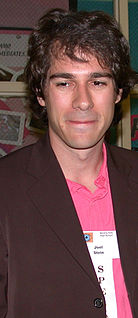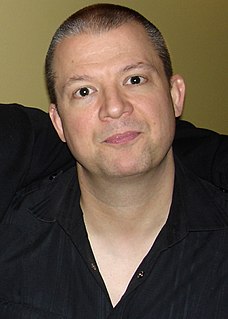A Quote by Julian Assange
We get information in the mail, the regular postal mail, encrypted or not, vet it like a regular news organization, format it - which is sometimes something that's quite hard to do, when you're talking about giant databases of information - release it to the public and then defend ourselves against the inevitable legal and political attacks.
Related Quotes
You have women that are political commentators that are talking about the elections, talking about the news of the day, and really helping shape how information is disseminated. I feel we're reaching a whole new audience, which is great to be able to bring in and encourage other young women to do this.
Only a very small number of the e-mails containing classified information bore markings indicating the presence of classified information. But even if information is not marked 'classified' in an e-mail, participants who know or should know that the subject matter is classified are still obligated to protect it.
We hypostatize information into objects. Rearrangement of objects is change in the content of the information; the message has changed. This is a language which we have lost the ability to read. We ourselves are a part of this language; changes in us are changes in the content of the information. We ourselves are information-rich; information enters us, is processed and is then projected outward once more, now in an altered form. We are not aware that we are doing this, that in fact this is all we are doing.
If you think of dramaturgy in North America, which is so realistic and so literal sometimes, sometimes what theaters - especially dramaturgs - ask for is more information, which sometimes can really weigh down a play. There's only so much information a play can have. If you start putting in so much information, it becomes something completely different, it doesn't sing.
When I get real big volumes of hate mail, it's usually because I wrote something poorly. But it's also because some group told people to e-mail me and those people didn't read the article, they read the post about what I wrote about. And they all e-mail me. And they all come around at the same time.
It's hard sometimes when you're in a regular high school, you just feel like the odd kid out. The great thing about going to an art school [is] it's kind of like it's all the odd kids. It's all the kids that don't fit in at their regular schools, because you're into something and excited about something that other kids really aren't into. When you go to art school, everybody's kind of on the same page.





































